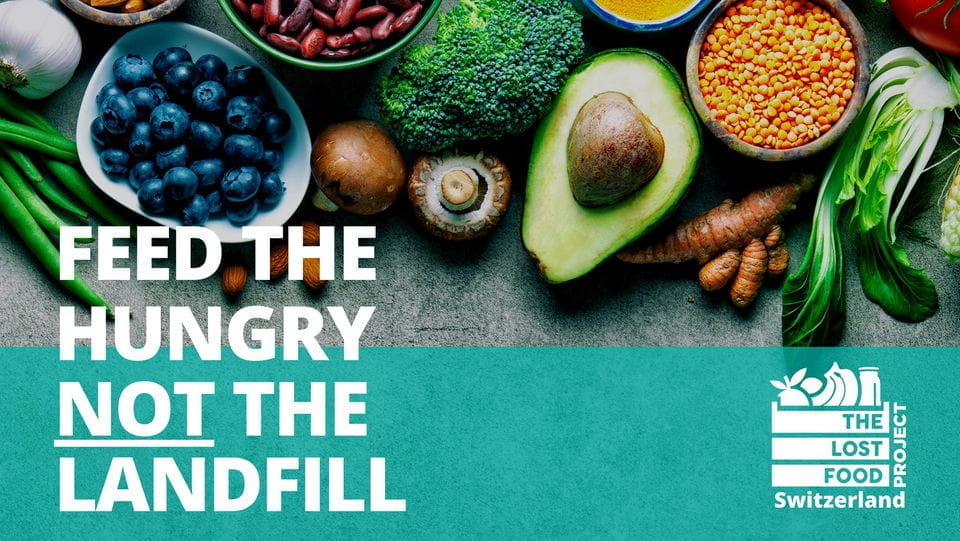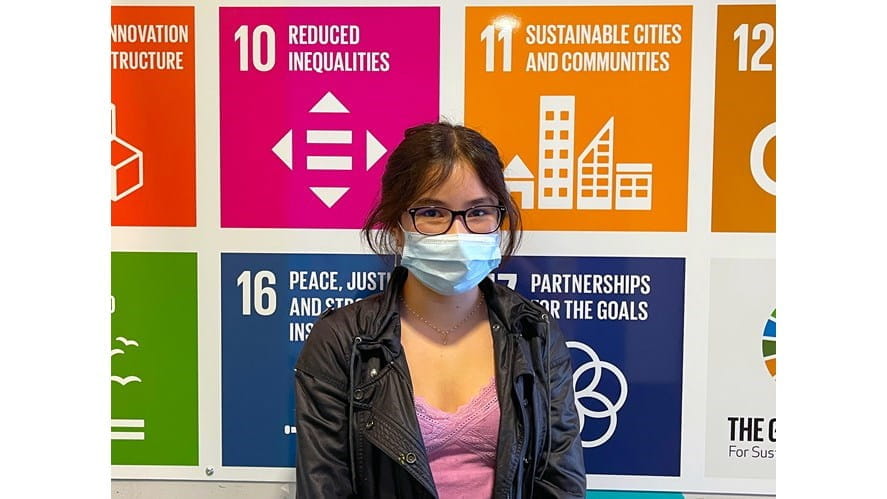by Clara, our IB Diploma student.
More than 1 in 5 children under 5 years old worldwide have stunted growth caused by malnutrition; roughly a third (1.3 billion tons a year) of the world’s food is wasted; about a third of all human-caused greenhouse gas emissions are related to food.
The statistics speak for themselves. Their common denominator is clear: food waste. But, the solution is harder to coordinate.
The issue of food waste is multifaceted: it is not only a humanitarian issue but an environmental one. Food waste represents a highly ineffective use of resources globally, as when food is wasted, the energy and water it takes to produce, harvest, and transport that food is also wasted. Furthermore, when food ends up in landfill, it produces methane, a greenhouse gas. Therefore, food waste exacerbates the climate crisis, as a third of global greenhouse gas emissions come from our food systems. Moreover, some 80% of global deforestation is a result of agricultural production.
The Lost Food Project
The Lost Food Project (TLFP) is a not-for-profit organisation that tackles the issue of food waste by preventing ‘lost’ (or surplus) food from going to landfill and redistributing this food to those in need. TLFP is working towards the UN Sustainable Development Goals, specifically towards Goal 2 “Zero Hunger” and 12 “Responsible Consumption and Production”. La Côte International School is partnering with The Lost Food Project with the aims of educating more people on food waste, raising money for the organisation, and even implementing changes in our school to reduce food waste. Already, students have been involved in volunteering to help distribute the excess food donated by stores to those in need, as well as participating in workshops on the topic of food in relation to sustainability (more specifically on topics such as food miles and expiration dates).
Food waste is something that few people consciously think about, but it has a massive ecological footprint. This is why education about food waste is critical, especially here in Switzerland, where around 2.8 million tons of food are lost every year, which equates to about 330 kilograms of food waste per person per year.
One of the most interesting aspects of our collaboration with TLFP has been being able to challenge the perception that Switzerland is such a wealthy country that everyone can afford enough to eat. Just scratching the surface of the issue demonstrates this is palpably untrue. An expansion in refugees due to the current conflict in Europe, as well as the rise in the cost of living, means that there are many in need of additional help.
As discussions on how to mitigate our personal impact on the environment become increasingly relevant as the severity of the climate crisis increases, we must consider the impact that our food waste has on the environment but also how a dispersion of food could benefit the most in need.“There’s so much more all of us can do together if we all do it collectively. The students in La Côte School can make a really big difference.” Suzanne Mooney, Founder of TLFP.





